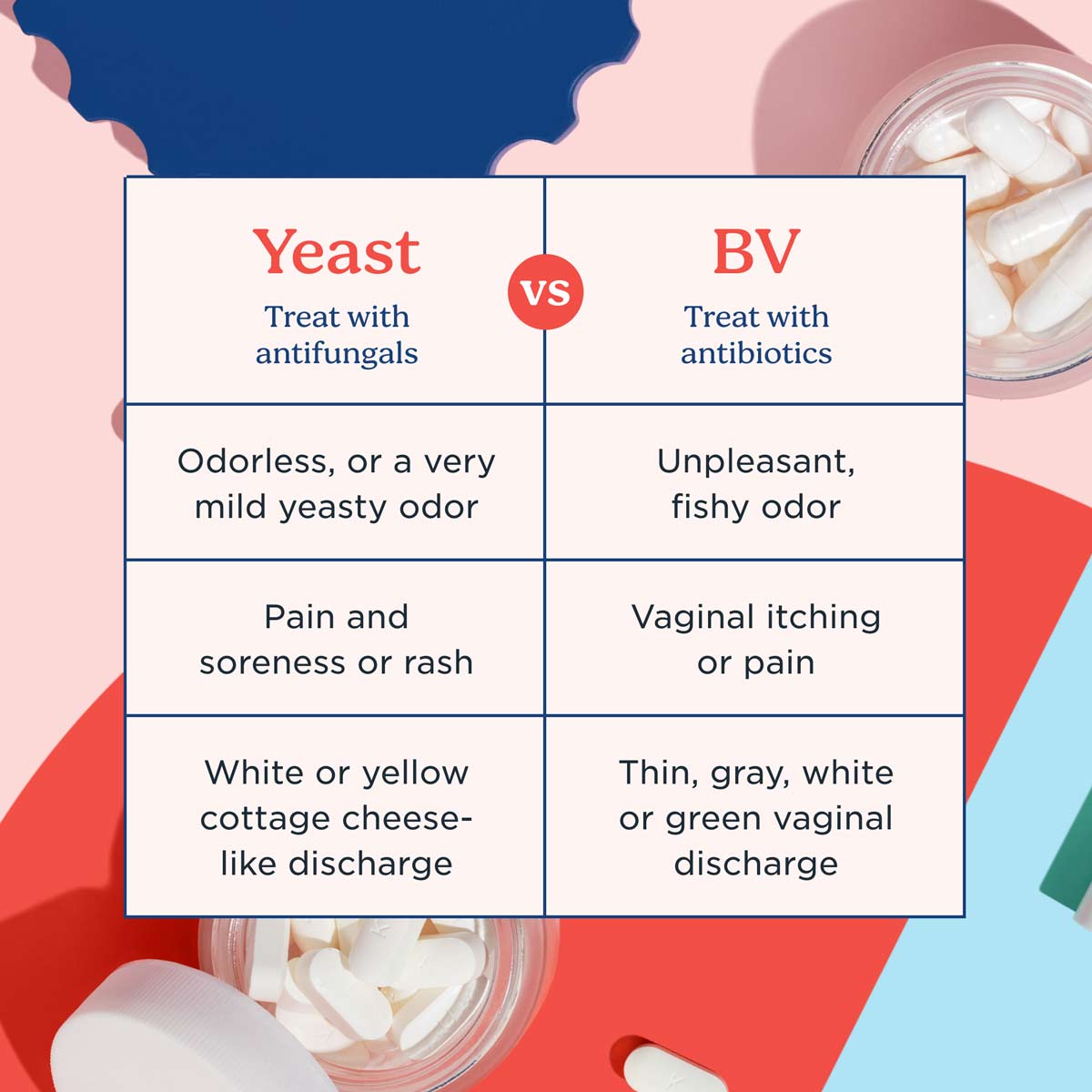
What To Expect At Your
First Gynecological
Appointment
By Lizzie De La Cruz
April 29, 2021
I remember I was 17 when I first walked into the gynecologist's office for my first exam. I was scared for what to expect, and increasingly anxious as the exam began! I mean, who wouldn't be nervous at the thought of poking and prodding around your most intimate area? Years, and many exams later, however, my anxieties have calmed and I know exactly what to expect from each exam I go to!
What Happens At a Gynecologist Appointment?
Sure, it may feel uneasy to talk openly about your sexual and reproductive health, but it doesn't have to feel uncomfortable or embarrassing. Once you know what to expect during a gynecological appointment, the easier it'll be. Here's what you can expect during your first visit.
Discussing Your Medical History
At the beginning of your appointment, your doctor will ask you to go over your general medical and sexual health history. Let them know if you have any medical conditions, if you're taking medications or if you've had past surgeries. They also need to get an idea of your family's medical health to better assist you.
Talking About Your Period and Sexual Activity
When it comes to describing your sexual history and general sexual activity, the best course of action is to be 100% honest. Doctors are not there to judge you and your medical history is protected under federal law. Sharing a complete and accurate summary of your sexual behavior is a sure way to make the exam as effective as possible. Be honest about your sexual activity to help them better assist you. In addition, the beginning of your appointment is a great time to address other questions or concerns you may have, such as an irregular menstrual cycle. Make them aware of any heavy bleeding, mood changes, pain, cramps or irregularity when it comes to your period. Help them help you!
Physical and Breast Exams
After understanding your medical history, your doctor will instruct you to remove your clothes and put a gown on for a physical exam. During this time, they'll measure your vital signs such as your blood pressure, weight and height. In some cases, you can expect a breast exam to check for lumps that can indicate cancer. Your doctor may also teach you how to check your own breasts for abnormalities.
Pap Smear Test and Pelvic Exam
If you're under 21, you probably won't get a pelvic exam and Pap test during your first visit. These tests are often reserved for humans who are sexually active, have relevant health issues or who asked for STI testing. If you do get a Pap test, your doctor will swab your cervix to determine if you have any cervical cell abnormalities.
During a pelvic exam, your doctor will perform a variety of exams, starting with an external genital exam to look at your vulva. Then, they'll conduct a vaginal and cervical exam, which lets them examine your vaginal walls and cervix. It also gives them the chance to collect samples for your Pap test and helps them test for STIs. Finally, the doctor will perform an internal bimanual exam, which lets them look at your reproductive organs.
Sexually Transmitted Infection (STI) Testing
If you're sexually active, you can expect STI testing, which determines whether or not you have a sexually transmitted disease such as HIV or gonorrhea. STI testing also ensures you're not susceptible to infertility, chronic pain and pelvic inflammatory disease. Sure, the idea of STI testing may make you feel squeamish, but it's better to be safe than sorry.
Why Is Annual Care Essential?
Yearly gynecological appointments ensure you're receiving helpful information regarding your health and getting proper preventative care and the right treatment. So why should you keep up with annual care? Here's an in-depth look at the importance of regular visits:
- Birth control: Since new birth control options appear all the time, yearly visits ensure you're on the right birth control for you.
- Preventative care: Whether you're interested in a healthier diet or exercise, a doctor specialized in treating women can help you lead a healthier lifestyle overall.
- Clinical breast exam: Though you should self-examine your own breasts regularly, a yearly exam can give you added peace of mind.
- Vaccinations: Yearly appointments also ensure you're up to date on vaccinations like the flu, pneumovax and human papillomavirus (HPV) vaccines.
- Period issues: If you have irregular menstrual cycles, yearly appointments help you stay on top of the issue. Whether you have heavy periods or uncomfortable symptoms related to your period, your doctor can help.
- STI screening: If you're sexually active, it's important to get screened for STIs on a regular basis. If there's a chance that you do have an STI or STD, getting it handled sooner rather than later is ideal.
- Preconception planning: If you plan on having children soon, maintain regular appointments to ensure you have a healthy environment for you to conceive. Your doctor can provide you with helpful information regarding the best vitamins and nutrients and how to plan for a healthy pregnancy given your family's history and your overall lifestyle.
Tips For Your First Gynecologist Appointment
Before you head to the gynecologist, remember that there's nothing to be afraid of. If you're looking for an extra boost of confidence, here are some tips that can help you feel more prepared during your first visit:
- Understand why you want to see a gynecologist. Doing this narrows the scope of your visit. When you know the reason behind your appointment, it's easier to stay focused and get the questions you have answered.
- Let your doctor know if part of the exam hurts. If any part of the exam feels uncomfortable, speak up, and let your doctor know. If you get a pelvic exam, for example, the speculum used during the vaginal and cervical exam comes in various sizes. If you think the speculum size they use may hurt, have them try a smaller one.
- Let them know if you're on your period. For the most part, being on your period doesn't affect your appointment unless your doctor examines your discharge. Despite this, your menstrual cycle may affect your Pap test or STI testing, so let the office know ahead of time.
Wisp Services
While no online health services should ever replace an annual in-person gynecological exam, telehealth makes accessing online consultations easy and affordable in-between exams. Wisp offers a variety of services to help supplement this type of healthcare and essential maintenance. From yeast infections, UTIs and bacterial vaginosis, we're here to help! Thanks to 24 hour online services, you can use your phone, computer or tablet to take our Symptoms Quiz to order a prescription, access our services or speak to a Wisp medical provider directly. We have it all!
Prioritize your health by establishing a relationship with your gynecologist. Not only do these visits help you listen to your body more carefully, but they also ensure your overall wellbeing.

Fluconazole (Diflucan) 150mg
Starting at $15
The most common prescription antifungal used to treat vaginal yeast infections.

UTI Antibiotics Online Prescription
Starting at $65
Prescription antibiotics used to prevent & treat Urinary Tract Infections.

Metronidazole (Flagyl) For BV
Starting at $15
The most affordable topical prescription antibiotic for treating bacterial vaginosis.

Metronidazole Gel (Metrogel)
Starting at $90
Prescription vaginal cream to treat new or chronic BV infections from home.


